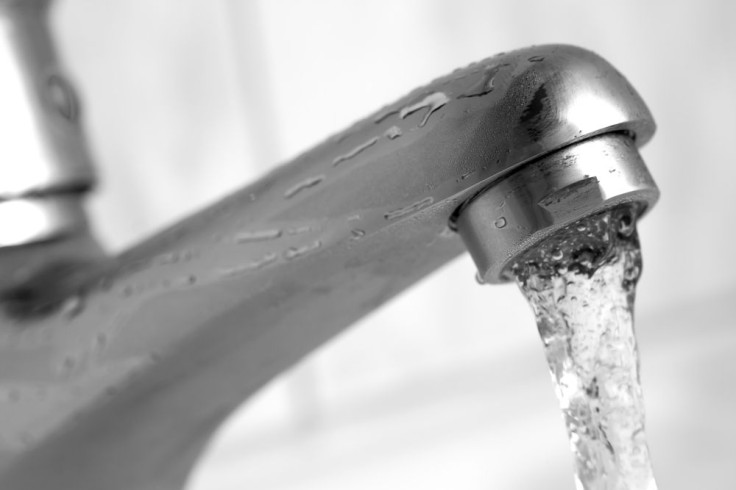
Mexico City is giving its residents and tourists a message, and they're selling it hard: "Drink the water." People have long been avoiding the tap water of Mexico City, as it has a notorious reputation of having low quality. In fact, Mexicans are so accustomed to drinking bottled water that they're the world’s largest per capita consumer at 61.8 gallons per person each year, according to Beverage Marketing Corp. The skepticism and fear of the consumers is not unwarranted, as Mexico City's 8.1-magnitude earthquake in 1985 left many water pipelines and sewers burst. This resulted in an increase in waterborne diseases and the spread of cholera in the 1990s. But a new law has changed things in Mexico City, as it mandates that restaurants install filters to provide customers with safe water.
"We need to create a culture of water consumption," said Dr. Jose Armando Ahued, health secretary for Mexico City, according to the Huffington Post. "We need to accept our water." The new law, state Mexico City officials, give 65,000 restaurants six months to implement filters after the bill is signed this month. In accordance with the law, which does not apply to the food stalls on the streets, health inspectors can fine restaurants anywhere from $125 to $630 for not complying with the law. Mexico City's health secretary, reports the Associated Press, claims that 95 percent of the city's drinking water is clean and undergoes daily chlorination checks. That said, experts and critics point out that the clean water still travels through old underground pipes that can contaminate the water by the time it reaches consumers.
Mexico's bottle water habit is one that comes with two problems: It's expensive and destroys the environment. In a nation where the minimum wage per day is $5, purchasing one-liter water bottles for 50 cents--one-liter bottles can be as expensive as one dollar--is not a small cost to burden. What's more, with each Mexican using 127 gallons of bottled water a year, as discovered from a study by the Inter-American Development Bank, disposal becomes a problem as well. Not only does bottled water waste fossil fuels in production and transport, but it also ends up in landfills, lakes, and oceans instead of being recycled. And since plastic is not biodegradable -- the particles never fully disappear, they simply get smaller -- it adversely affects our environment.
And while it may seem as if a high bottled water consumption equates to a healthy lifestyle, the truth is far from that, as Mexico also has a significant soda intake. The nation consumes the most soda per capita than any other country in the world and in turn, the government has implemented a one-peso-per-liter tax on soda. The country's need to up their water intake and decrease their soda intake has less to do with the environmental impacts of bottled water and more to do with its obesity rate. Last year, Mexico overtook the United States as the fattest country with a 32.8 percent adult obesity rate according to findings by the United Nations Food and Agricultural Organization.
© 2024 Latin Times. All rights reserved. Do not reproduce without permission.
